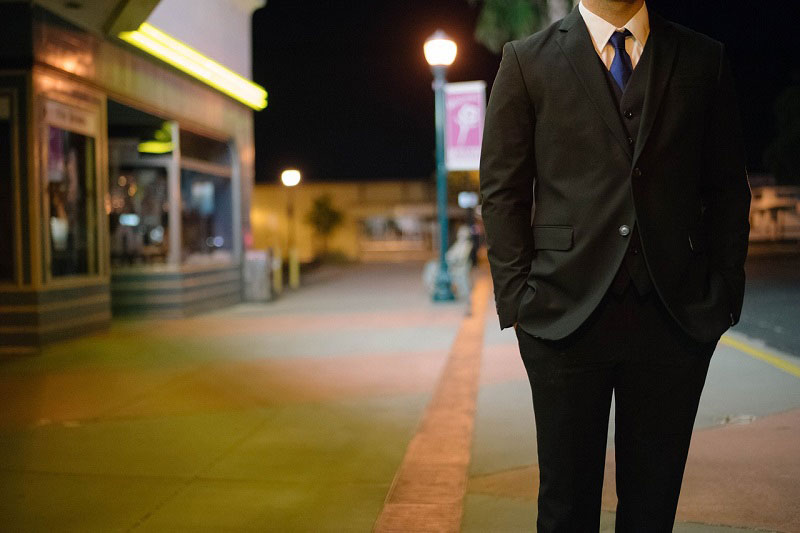What a person wears says a lot about them and their personality. In some instances, you can even guess the career of the person by what they wear. For example, a tax lawyer will prefer to wear dark suits while an artist may have a more expressive way of dressing by for example wearing very flashy colors and non-conventional designs.
What Your Clothes Say
Clothes are so much more than just a way of covering our nakedness. They can show one’s social economic status, the wealthier tend to wear very expensive items even if the style may be subdued. They are also prone to wearing designer labels simply because they can afford them, as well as the fact that it feels good to mention the name of the designer you’re wearing. It is, therefore, no wonder that designer’s fall over themselves to get a chance to dress up some of the stars or royalty.
When it comes to fashion there’s really no one-style fits all. Everyone has their own unique style, but there are certain styles that are socially accepted as fitting in a particular category. For example, you may have heard of that ‘little black dress’ or the ‘spicy red number’ as a way of describing a particular outfit. Anyone who wears either one of these two will look like they’re wearing a classic no matter their social economic status.
Clothes affect the way we see ourselves and the way other people see us. You have heard terms like’ dress for success’ or even ‘dress to the nines.’ When you dress well, you feel like you own the world which tends to show in the way you carry yourself. A well-dressed person draws attention and easily stands out from the crowd. It doesn’t even matter what brand he or she is wearing, as long as it is well put together people tend to notice.
When you look good you feel good.
You have also heard the term ‘dress to impress.’ How you dress you speak so much about you, even before you open your mouth. This is why when you are going for a job interview or to meet someone of importance, you will find that you change your wardrobe a little bit to become more formal and smart. Even if you’re that person who prefers to be in jeans, you’ll find yourself throwing on a nice shirt and a blazer to give you a more complete look. People have lost job opportunities just because of the way they dress for an interview. A well-dressed person looks confident and will most likely be taken very seriously by anyone they’re talking to.
Do you know that even the color of your dress matters, for instance, colors that stand out like red are more attractive than the most subdued blacks and greys which are often for funerals and more somber occasions?
White is a sign of purity.
Really knowing the personality of an individual because of what they wear on a day-to-day basis can be misleading though, that professor who dresses formally during the week can turn out to be someone who likes to dress like a rock star during the weekends. Sometimes work and life situations determine what you wear and you should therefore not pass judgment on someone’s personality based on how they dress.



